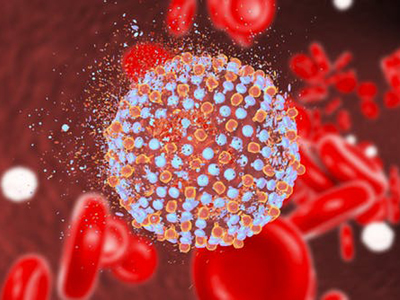

Hepatitis C is an infection of the liver that results from the Hepatitis C virus.
Acute Hepatitis C refers to the first several months after someone is infected. Acute infection can range in severity from a very mild illness with few or no symptoms to a serious condition requiring hospitalization. For reasons that are not known, about 20% of people are able to clear, or get rid of, the virus without treatment in the first 6 months.
Chronic Hepatitis C, Unfortunately, most people who get infected are not able to clear the Hepatitis C virus and develop a chronic, or lifelong, infection. Over time, chronic Hepatitis C can cause serious health problems including liver disease, liver failure, and even liver cancer
Hepatitis C is usually spread when blood from a person infected with the Hepatitis C virus enters the body of someone who is not infected. Today, most people become infected with Hepatitis C by sharing needles, syringes, or any other equipment to inject drugs. Before widespread screening of the blood supply in 1992, Hepatitis C was also spread through blood transfusions and organ transplants. While uncommon, poor infection control has resulted in outbreaks in healthcare settings.
While rare, sexual transmission of Hepatitis C is possible. Having a sexually transmitted disease or HIV, sex with multiple partners, or rough sex appears to increase a person’s risk for Hepatitis C. Hepatitis C can also be spread when getting tattoos and body piercings in unlicensed facilities, informal settings, or with non-sterile instruments. Also, approximately 6% of infants born to infected mothers will get Hepatitis C. Still, some people don’t know how or when they got infected.
Many people with Hepatitis C do not have symptoms and do not know they are infected. If symptoms occur, they can include:
Although there is currently no vaccine to prevent Hepatitis C, there are ways to reduce the risk of becoming infected with the Hepatitis C virus.